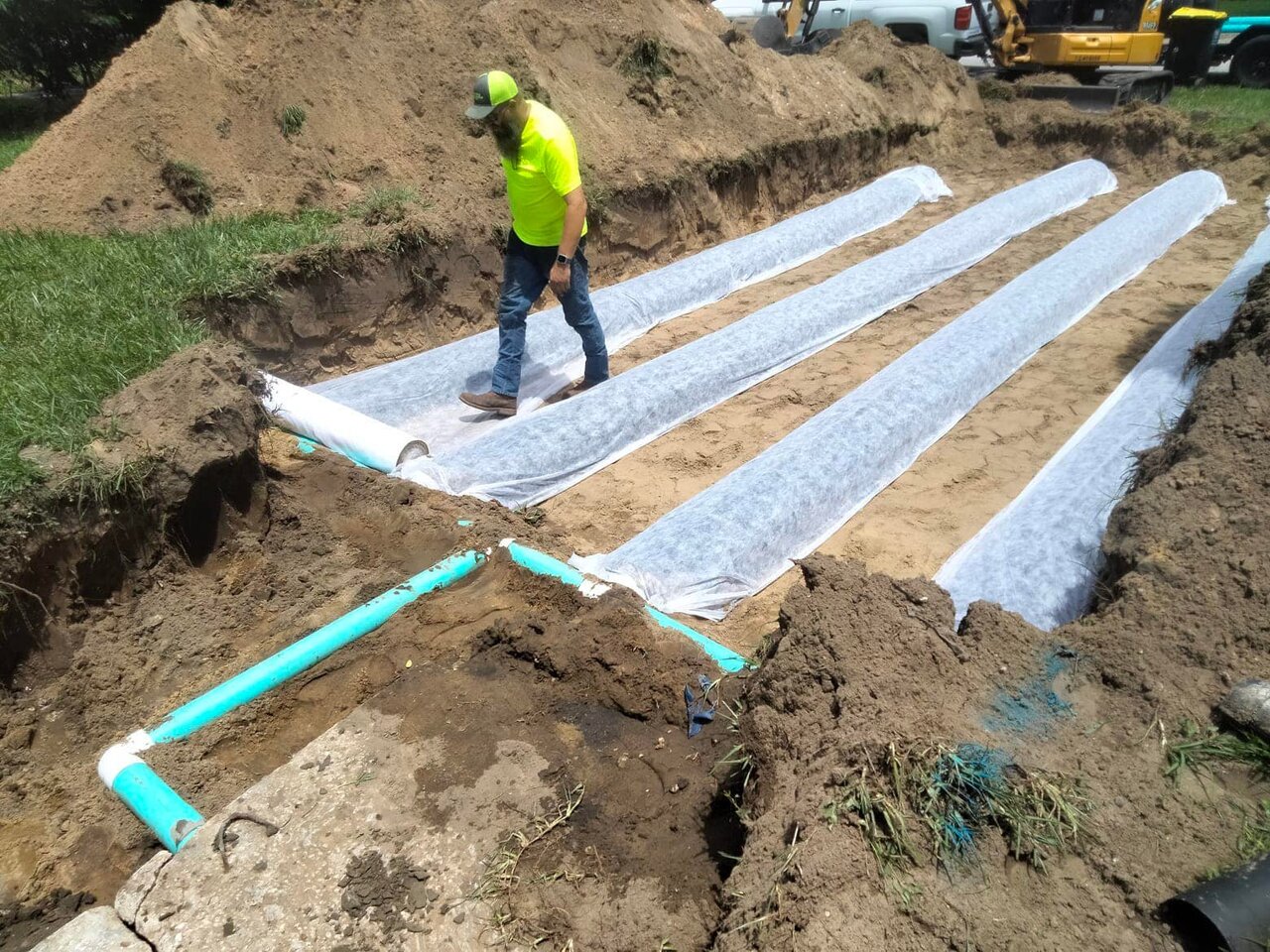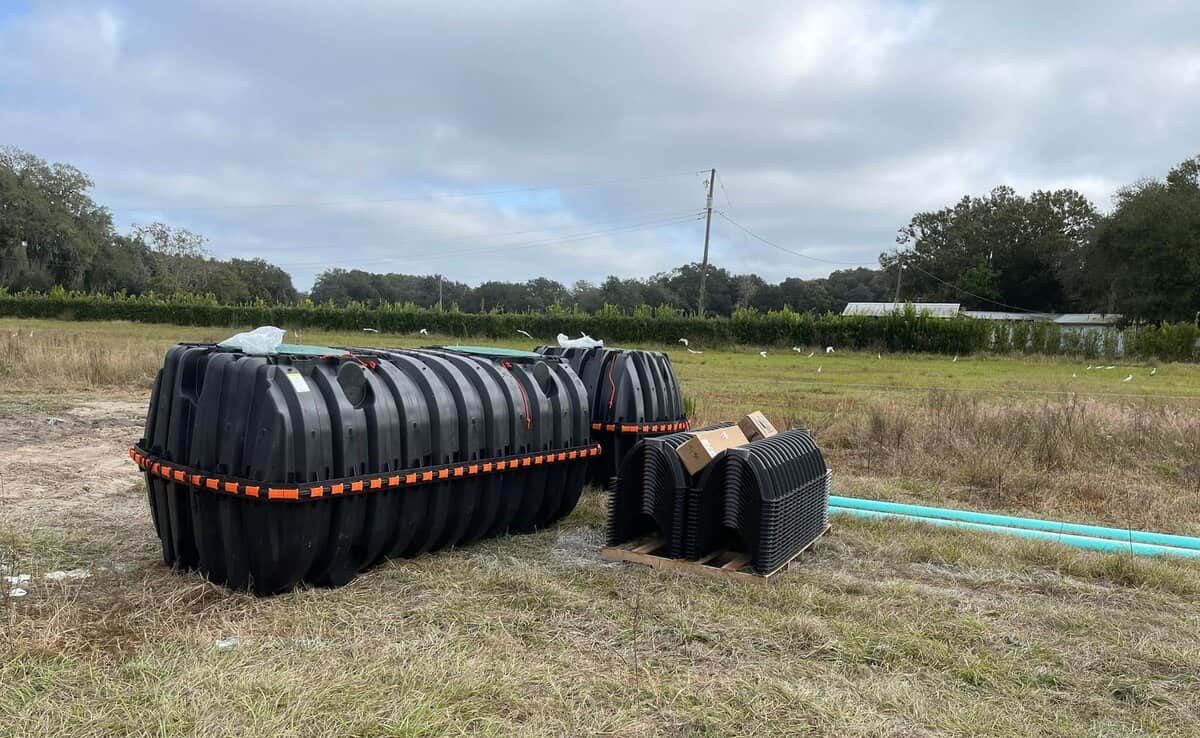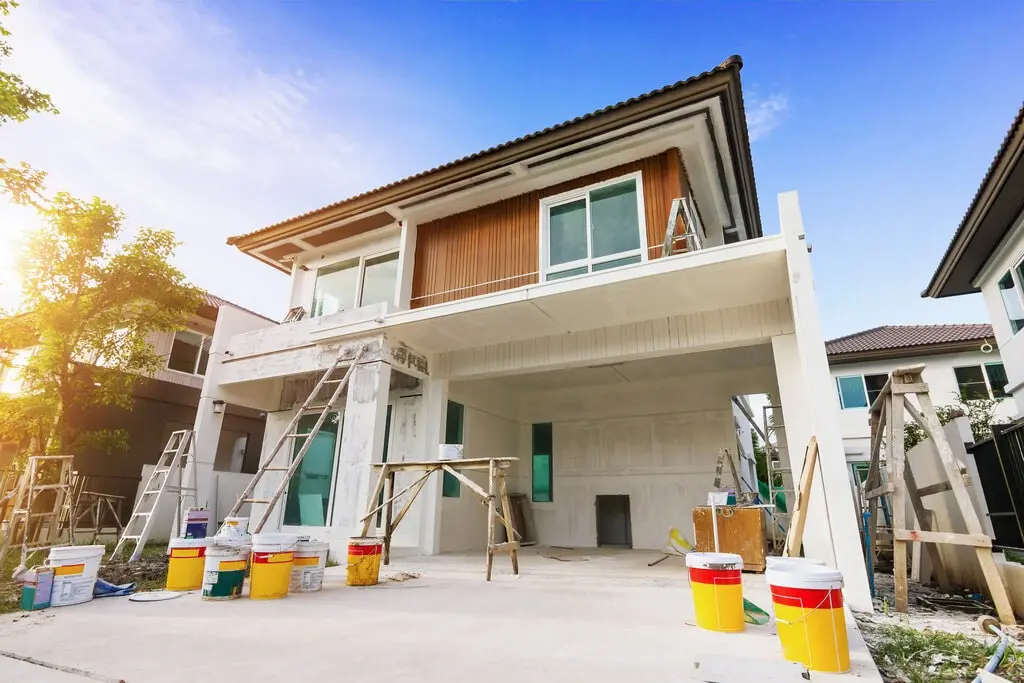A properly designed and maintained residential septic system should last for many years. But, as with any other system in your home, problems can arise even in the best installed and maintained septic system.
As a homeowner, you understand the importance of your septic system and know that septic system failure could be a nightmare. If you have concerns about whether your septic system is functioning properly, it is important to contact a septic company as soon as possible. Larger problems can sometimes be averted by taking corrective action early.
Signs of Septic System Failure
There are several signs that should alert a homeowner that they are in immediate need of septic services:
Drains Backing Up
Kitchen or bathroom sinks, showers or tubs, or toilets might start to back up with water or sewage. This could be a sign of septic tank failure or leach field failure. The process of treating wastewater from your home relies on all of the components to be functioning properly. A clogged or overly full septic tank is one of the most common causes of septic system problems. A failed drainfield can prevent the wastewater from making its way through to the end of the system.
Slow Drains
Before drains begin to back up, homeowners might notice that they are taking longer to drain water or other liquids. If this slowness cannot be corrected with plunging or standard plumbing tools, it is likely a sign of impending septic system failure. (Note that you should not resort to using chemical drain openers to fix slow drains, since those products can kill the bacteria in the tank that are a necessary part of the system.)
Gurgling Sounds
Gurgling sounds can be another sign that you need to get septic tank advice from a professional. Unusual gurgling could be an indication that there is a clog somewhere in the pipe, which could lead to more serious problems.
Water in the Yard
A failed drain field can be caused by excessive rainfall that causes it to become saturated and unable to process the wastewater quickly enough. If the water is from rainfall, it should dry up after the rain stops. If it does not, this could be a sign that it is time to call a septic professional.

Foul Odors
If there are nasty smells outside near the drainfield or septic tank, or if there is a sewage smell indoors, you might have a septic system issue.
Unusual Growth of Grass Near the Drainfield
The drainfield is designed to help process the wastewater from your home. If the drainfield is failing, wastewater can leak into the lawn, causing bright green, fast growing grass.
Why Do Septic Systems Fail?
Septic systems are simple, yet very interconnected components of a home. If any portion of a septic system does not function properly, problems can develop.
Septic systems are designed to treat all the wastewater from a home. A typical septic system functions like this: wastewater leaves the house through a pipe, flowing into a septic tank. The solid matter settles to the bottom, where bacteria work to break it down. The grease, oil, and fats rise to the top and are kept separate by a set of baffles. The remaining liquid (effluent) exits the tank though pipes into the drainfield, where it is filtered through the soil.
A problem in any of these components can cause issues for the entire system. Take a look at these reasons why septic systems typically fail:
Clogged Pipe from the House
This very common problem can be caused by flushing things other than toilet paper down the toilet. When items like paper towels, wipes, diapers, or any other solid are flushed, they can easily get caught in the exit pipe. If this is the issue, it can generally be fixed by having a plumber use a “snake” to dislodge the clog.
However, sometimes outside issues, like tree roots, can cause the pipe to stop functioning to its maximum capacity. In this case, repairs will need to be made to the pipe and the tree issue will need to be resolved.
Clogged Baffle Going into the Septic Tank
Like a clogged pipe, the baffle leading into the septic tank can become clogged by solid items.
Baffle or Effluent Filter Clogged
The baffle through which effluent flows out of the tank and into the drainfield can have issues.
Failed Drainfield
If the drainfield is saturated, it may not be able to process the wastewater from the home. This can result in sewage backing up into the house.
How to Prevent a Septic System Failure
Septic systems need to be maintained just like any other component of your home. Because they are hidden – and because most homeowners do not like to think about them – septic systems are often neglected until a problem arises.
Often, this results in expensive repairs and possible replacement that could have been avoided with routine maintenance. Here are a few tips for how to maintain a septic system:

- Know what can – and cannot – be flushed. Septic systems are designed to process waste and toilet paper only. Do not flush tampons, diapers, or kitchen grease down the drain. Do not overuse harsh chemicals, antibacterials, or bleach, and do not dispose of medications by flushing them.
- Don’t overload the system. Spread laundry throughout the week rather than doing it all in one day. Conserve water when showering or bathing, and install low-flow faucets and toilets, and purchase water-saving appliances like washing machines.
- Have your septic system inspected periodically to ensure that any problems are spotted early. A septic professional can conduct an inspection and do pumping as needed.
Lakeland Septic and Drainfield Services
If you have had a failed septic inspection or need septic tank advice, contact Septic and Drainfield Depot. Our highly trained septic experts know how to fix a failed septic system so that you do not have to worry about it.
We also offer septic tank, drainfield, and lift station installation and maintenance. Septic and Drainfield Depot can provide septic system inspections and septic tank cleaning and pumping. We are available 24/7 for emergencies, and we offer free estimates.







